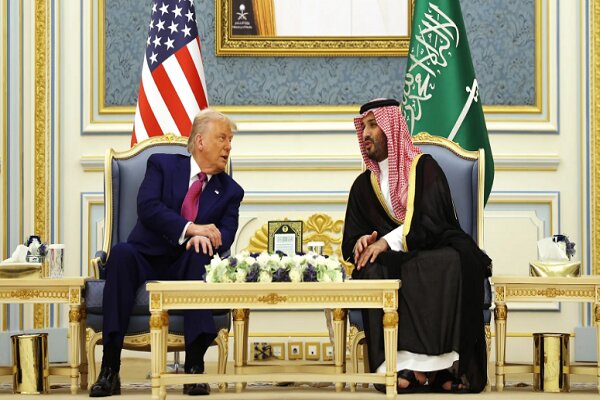
Similar Posts
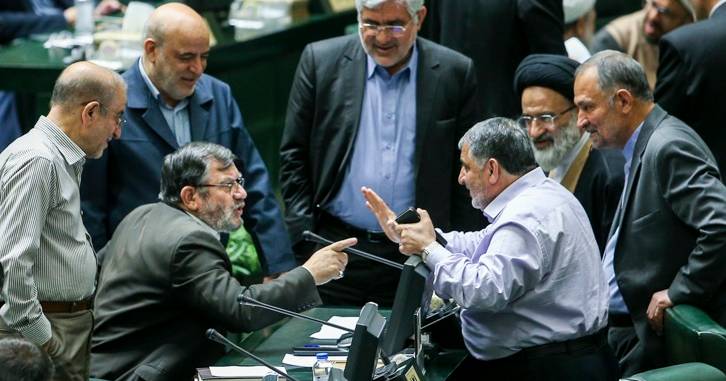
Tehran’s Political Turmoil: Urgent Issues Ignored Amidst Infighting
As global focus shifts to nuclear diplomacy, Iran’s internal politics are bogged down by minor disputes, hindering efforts to tackle significant economic challenges. The rial dropped 4% following Supreme Leader Khamenei’s doubts about U.S. negotiations, underscoring economic volatility. Recent debates have centered on changing office hours, rejected by Parliament amidst public backlash over early start times. The economy minister position remains vacant, with concerns that potential candidates may not offer effective solutions. President Pezeshkian’s administration faces declining public support, exacerbated by rising internet fees. As anxiety over military conflict grows, satire on social media reflects public discontent with the government’s focus on trivial matters.
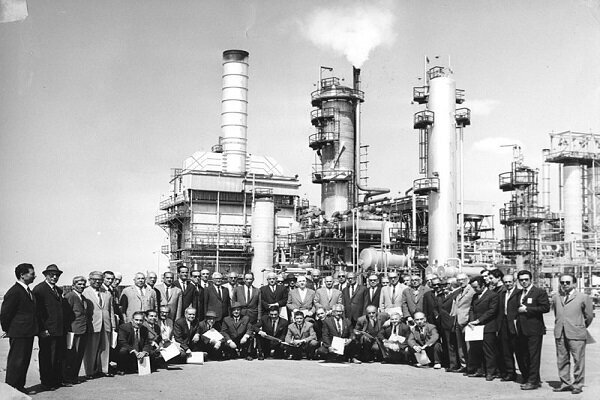
Iran’s Oil Nationalization: A Triumph Over Western Imperialism
Seventy-two years ago, Iran’s Parliament enacted a landmark oil nationalization law, driven by Prime Minister Mohammad Mosaddegh and Ayatollah Kashani, in response to foreign exploitation, primarily by British interests. This legislation aimed to reclaim Iran’s sovereignty over its oil wealth, previously controlled by the Anglo-Iranian Oil Company. Following the law’s ratification in March 1951, Western powers retaliated with sanctions and orchestrated a coup in June 1953, leading to Mosaddegh’s removal. The event symbolizes Iran’s struggle against imperialism and has lasting effects on its oil industry, shaping the nation’s quest for autonomy and control over its resources.
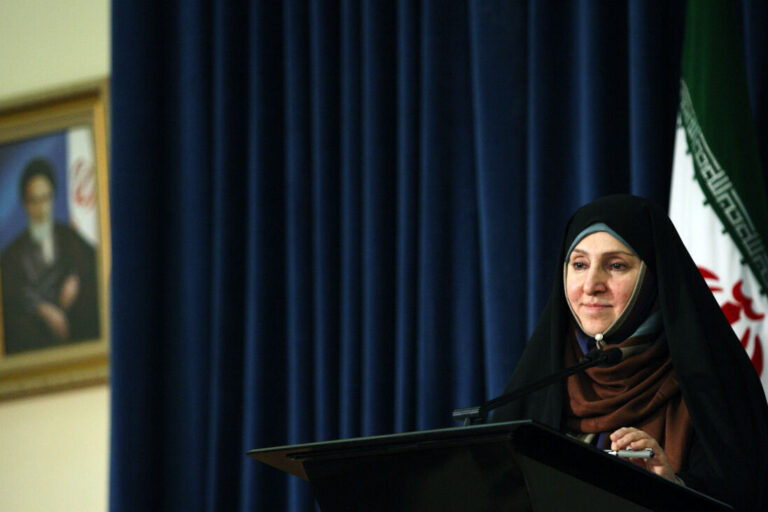
Tehran Dismisses European Parliament Resolution Against Iran as Legally Baseless
The European Parliament’s recent resolution criticizing Iran’s human rights practices, particularly regarding women’s rights, has drawn strong condemnation from Iran’s Foreign Ministry. Marzieh Afkham, Director General of the Human Rights and Women’s Affairs Department, described the resolution as irresponsible and lacking legal basis, asserting that Iran’s judiciary operates independently and fairly. She rejected foreign interference in Iran’s judicial matters, defended the role of the Islamic Revolution Guards Corps (IRGC) in national security, and warned that disrespect towards the IRGC would provoke a strong response. Afkham urged the European Parliament to engage positively and uphold international obligations for peace and stability.
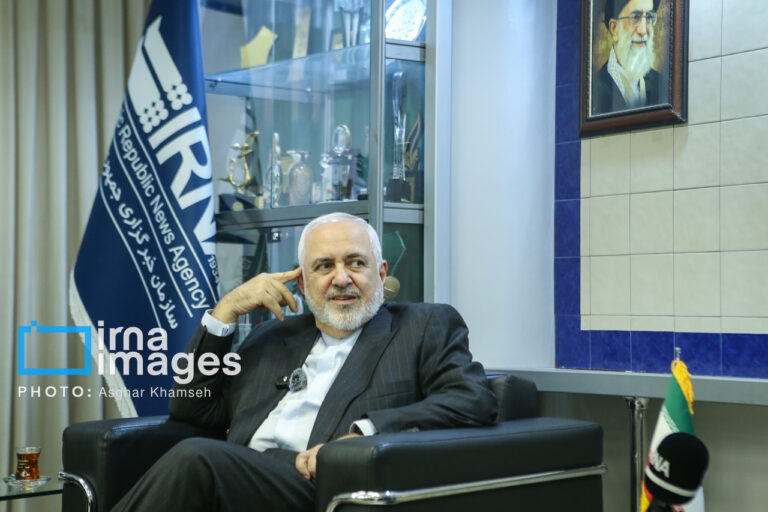
Vice Presidency Dismisses Rumors of Zarif’s US Talks at Davos: What You Need to Know
Iran’s Vice-President Mohammad Javad Zarif has announced he will not engage in talks with US officials during the 2025 World Economic Forum (WEF) in Davos, Switzerland. His office urged against spreading rumors about his trip, clarifying that no negotiations with the US or other nations will occur at the event. Zarif, who is attending at WEF’s invitation, emphasized that any future discussions will be guided by Iran’s highest authorities and the Ministry of Foreign Affairs. He is expected to participate in an interview with CNN’s Fareed Zakaria, addressing Iran’s stance on global issues amid ongoing speculation about US-Iran relations.
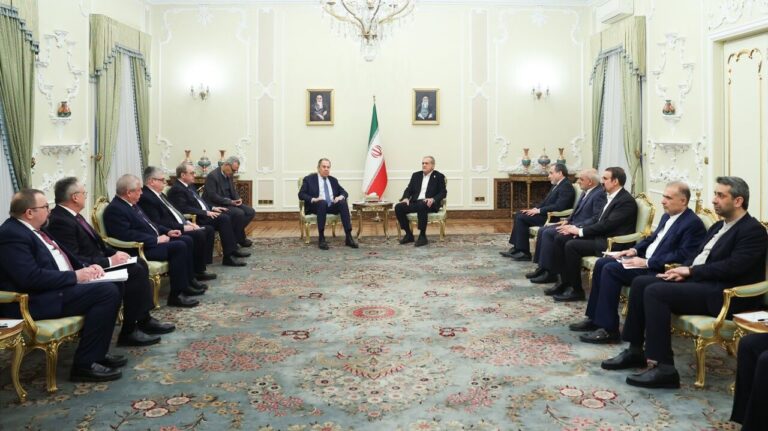
Iran and Russia Unite: Pezeshkian Highlights Shared Perspectives on Regional Challenges
Iran’s President Masoud Pezeshkian has emphasized the need for ongoing regional collaboration with Russia during a meeting with Russian Foreign Minister Sergey Lavrov. Both leaders expressed a desire to strengthen their nations’ cooperation through organizations like the Shanghai Cooperation Organization, Eurasian Economic Union, and BRICS. Pezeshkian highlighted the importance of accelerating the implementation of their comprehensive strategic agreement. Lavrov, delivering greetings from President Putin, affirmed Russia’s commitment to enhance ties and welcomed Iran’s upcoming membership in the Eurasian Economic Union as a chance to boost economic relations. Lavrov’s visit follows Pezeshkian’s earlier trip to Moscow for discussions on bilateral cooperation.
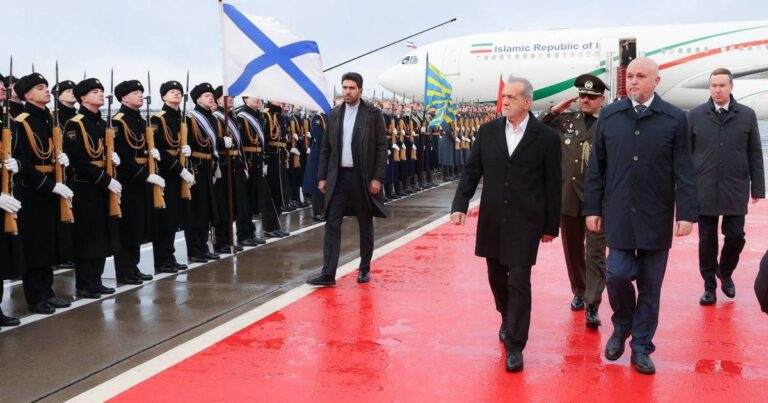
Iranian President Lands in Moscow for Historic Treaty Signing with Putin
Iranian President Masoud Pezeshkian visited Moscow to meet with Russian President Vladimir Putin, marking Pezeshkian’s first trip to the Kremlin since taking office in July 2022. The meeting aims to finalize a strategic partnership treaty to enhance political and economic ties between the two countries. Discussions will also focus on bilateral relations, regional stability, and international challenges. The partnership is expected to bolster economic benefits and security cooperation while increasing geopolitical influence. Global reactions are anticipated, with concerns about rising tensions with Western nations. The outcome of this visit could significantly reshape Iran-Russia relations and the geopolitical landscape.